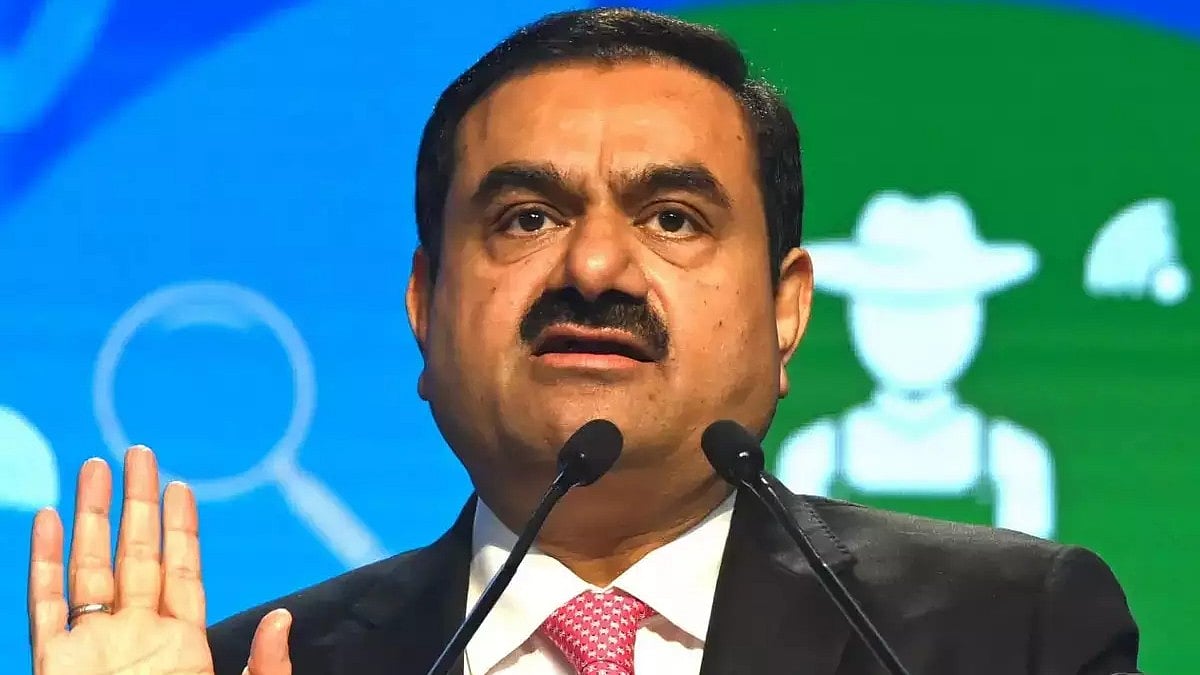New Delhi: The cost of home-cooked vegetarian and non-vegetarian thalis declined 14 per cent and 13 per cent, respectively, in July this year compared to the same month of the previous year, amid benign commodity prices, according to Crisil’s monthly indicator of food plate cost.
The decline in vegetarian thali cost year-on-year was led by a sharp drop in the prices of vegetables -- primarily tomato, onion, and potato (TOP) -- on a high base: − Tomato prices fell 36 per cent on-year to Rs 42 per kg in July from Rs 66 per kg, driven by a high base effect as the prices typically surge around July/August due to seasonality, even breaching Rs 100 per kg in 2023.
Prices of potato and onion declined 30 per cent and 36 per cent on-year, respectively, on a high base. In the year-ago period, potato production dropped 5-7 per cent due to blight infestations and weather changes, which led to a rise in prices. For onion, an 18-20 per cent rise in annual production led to a dip in prices in 2025.
Prices of pulses declined 14 per cent year-on-year, driven by higher production and stock levels compared with the year-ago period, and the cost of rice declined 4 per cent.
The decline in the cost of a non-vegetarian thali was driven by lower vegetable prices and an estimated 12 per cent on-year drop in broiler prices, which make up about 50 per cent of its cost, the report said.
However, despite a reduction in basic customs duty (BCD) on crude edible oils, vegetable oil prices surged 20 per cent on-year as the benefits of lower BCD have not yet been completely passed on to customers. Additionally, a 6 per cent on-year increase in liquefied petroleum gas cylinder prices limited the decline in the overall cost of thalis, the Crisil report added.
(Except for the headline, this article has not been edited by FPJ's editorial team and is auto-generated from an agency feed.)











